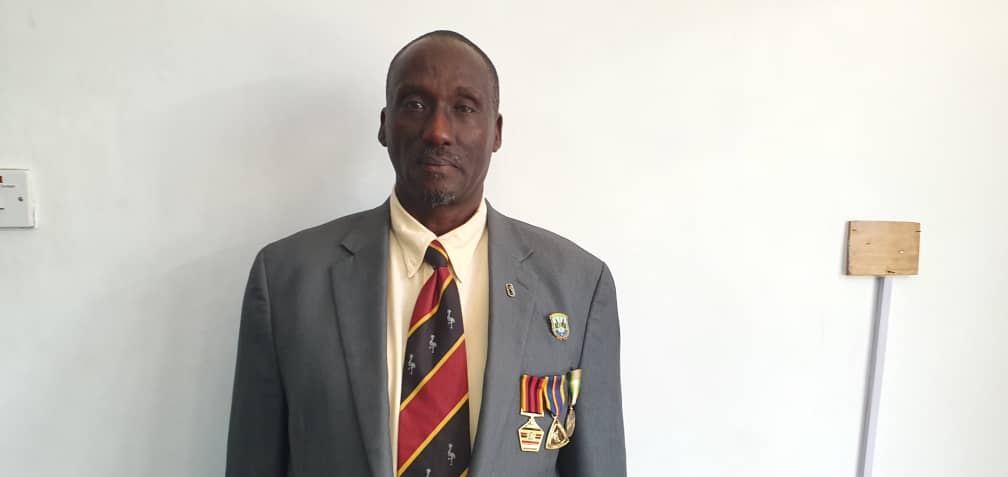KAMPALA, UGANDA – A staggering 56% of married Ugandan women aged 15–39 have experienced gender-based violence (GBV), according to a Uganda Human Rights Commission (UHRC) report released this week, with officials warning that cultural norms and weak legal enforcement perpetuate the crisis.
Hon. Col. (Rtd) Steven Basaliza, Commissioner of the UHRC, warned that deeply rooted inequality and impunity for perpetrators demand immediate action to protect women and girls, who bear the brunt of physical, sexual, and socio-economic violence.
“Gender-based violence remains a major obstacle to Uganda’s national development, social cohesion, and economic prosperity. It is not just a violation of human rights but also a public health crisis,” Basaliza stated while presenting the report.
A Widespread Crisis
The report defines gender-based violence as acts that inflict physical, mental, or sexual harm, as well as coercion and other deprivations of liberty. While men, boys, and girls can be victims, women overwhelmingly bear the burden.
According to the Uganda Demographic and Health Survey (UDHS) 2022, 16% of women aged 15–49 have suffered sexual violence. Forms of GBV highlighted in the report include intimate partner violence, sexual coercion, rape, trafficking, and harmful traditional practices such as early and forced marriage and female genital mutilation (FGM).
Shockingly, 58% of Ugandan women and 44% of men aged 15–49 believe that wife-beating is justified under certain circumstances, a finding that underscores the persistence of cultural beliefs that normalize violence against women.

Root Causes and Perpetuating Factors
The report identifies gender inequality, power imbalances, and disregard for human rights as the root causes of GBV in Uganda.
Contributing factors include alcohol and drug abuse, rigid community norms that assign higher status to men, and weak enforcement of laws meant to protect victims.
“Structural barriers and deeply entrenched patriarchal attitudes continue to allow perpetrators to act with impunity,” the report notes, citing cases where domestic violence is dismissed as a “private family matter.”
Victims often remain silent due to fear of community stigma or economic dependence on their abusers. In some cases, survivors are even blamed for the violence inflicted upon them.
The Devastating Effects of GBV
Beyond physical injuries and trauma, the report highlights the far-reaching consequences of gender-based violence.
Children who witness domestic abuse often suffer emotional distress and may internalize violence as an acceptable conflict-resolution method, perpetuating the cycle into future generations.
GBV also disrupts education, with stigma and fear leading many young girls to drop out of school. Economically, the violence costs Uganda billions of shillings annually in lost productivity, medical expenses, and legal costs.
“Gender violence threatens family structures, leads to severe mental health consequences such as anxiety and depression, and contributes to Uganda’s overall economic and social instability,” the report states.
Call for Action
Hon. Basaliza calls for stronger legal enforcement, increased community awareness, and enhanced support services for survivors. He also urges leaders at all levels to challenge harmful cultural norms and promote gender equality.
“Violence in whatever form is never okay,” Basaliza emphasized. “We must transform power dynamics and take action to prevent GBV. The time to act is now,” he said in a report.
As Uganda grapples with the alarming prevalence of gender-based violence, activists and policymakers stress that without decisive intervention, the cycle of abuse will continue to hinder the country’s development and violate the fundamental rights of countless women and girls.

